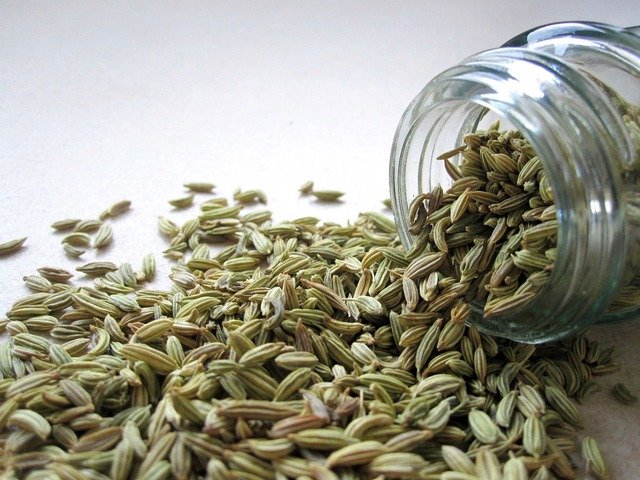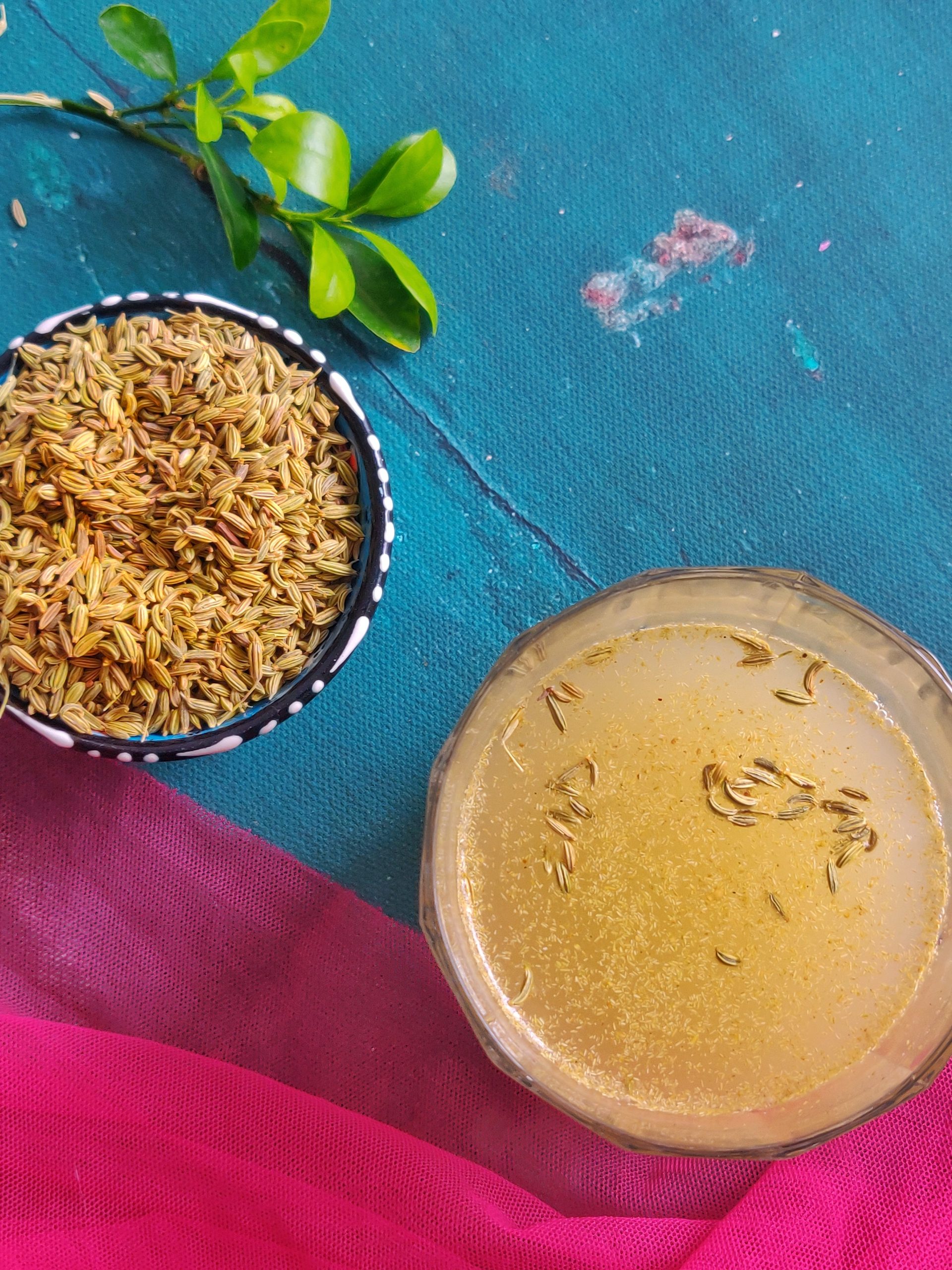
Welcome to the world of Saunf (fennel seeds), a tiny powerhouse that’s more than just a kitchen staple. Let’s dive into the myriad of benefits these little seeds offer, all while keeping it engaging and informative.
1. Digestive Dynamo: Saunf isn’t just a post-meal mouth freshener. Its fiber content and soothing properties are a boon for your digestive system, easing everything from bloating to heartburn.
2. Heart’s Best Friend: Full of potassium and fiber, fennel seeds aren’t just tasty; they’re a heart-healthy choice that helps manage blood pressure and cholesterol levels.
3. The Weight Loss Ally: Struggling with cravings? A dash of Saunf might be your new best friend. Its fiber-rich profile aids in reducing appetite, making it a go-to for weight watchers.
4. Skin Savior: Radiant skin begins with what you eat, and Saunf is a natural choice for that glow-from-within look, thanks to its antioxidants and vitamins.
5. Cancer Combatant: Fennel seeds have compounds that may help in the fight against certain types of cancer, making them a super spice in your wellness arsenal.
6. Lactation Booster: For new moms, Saunf can be a gentle aid in enhancing milk production, thanks to its natural galactogenic properties.
7. Memory Enhancer: Keep your cognitive gears in top shape with regular consumption of Saunf, which has shown potential in boosting mental acuity.
8. Menopausal Relief: Navigating the tides of menopause? Saunf might just be the natural remedy you need for alleviating some of its symptoms.
9. Bone Builder: With its array of minerals, Saunf supports strong bones, making it an essential addition to your diet for long-term bone health.
10. Caution is Key: While Saunf is a wonder seed, moderation is crucial. Be mindful of potential side effects, especially if you have certain health conditions.
Incorporating Saunf into your diet is simple. From a refreshing Variyali Sharbat to a soothing Fennel Tea, the options are endless. So, next time you see these tiny seeds, remember, they’re not just for flavor – they’re a pocket-sized treasure trove of health benefits!
Remember, a healthy lifestyle is about balance and variety. Saunf is one such ingredient that can bring both to your plate and life. Embrace it and watch the magic unfold! 🌿✨
Top 10 FAQs About Saunf (Fennel Seeds)
- What are the main health benefits of saunf? Saunf is known for aiding digestion, improving heart health, aiding in weight loss, enhancing skin health, fighting cancer, boosting lactation, enhancing memory, relieving menopausal symptoms, and supporting bone health.
- Can saunf help in weight loss? Yes, saunf can aid in weight loss due to its fiber content, which helps in reducing appetite and increasing satiety.
- Is saunf good for heart health? Absolutely. Saunf is rich in potassium and fiber, which help in regulating blood pressure and cholesterol levels.
- How does saunf improve digestive health? Saunf aids digestion by reducing bloating, easing constipation, and soothing the digestive tract due to its anti-inflammatory properties.
- Can saunf be consumed daily? Yes, saunf can be consumed daily in moderate amounts. However, excessive consumption should be avoided.
- Are there any side effects of consuming saunf? Saunf is generally safe, but excessive consumption can lead to certain health issues. It’s advised to consume it in moderation.
- Can saunf improve skin health? Yes, the antioxidants and vitamins in saunf contribute to healthier skin by fighting off free radicals and reducing inflammation.
- Is saunf beneficial during pregnancy and breastfeeding? While saunf can boost lactation, it’s advised to consult a healthcare professional before consuming it during pregnancy and breastfeeding.
- How can saunf be incorporated into the diet? Saunf can be added to teas, used as a spice in cooking, or consumed as a mouth freshener after meals.
- Does saunf have any benefits for bone health? Yes, saunf is rich in calcium, magnesium, and vitamins that are essential for maintaining strong bones.
Blog Tags
fennel seeds, digestive health, heart health, weight loss, skin care, cancer prevention, lactation, memory booster, menopausal relief, bone health, natural remedies, healthy eating












